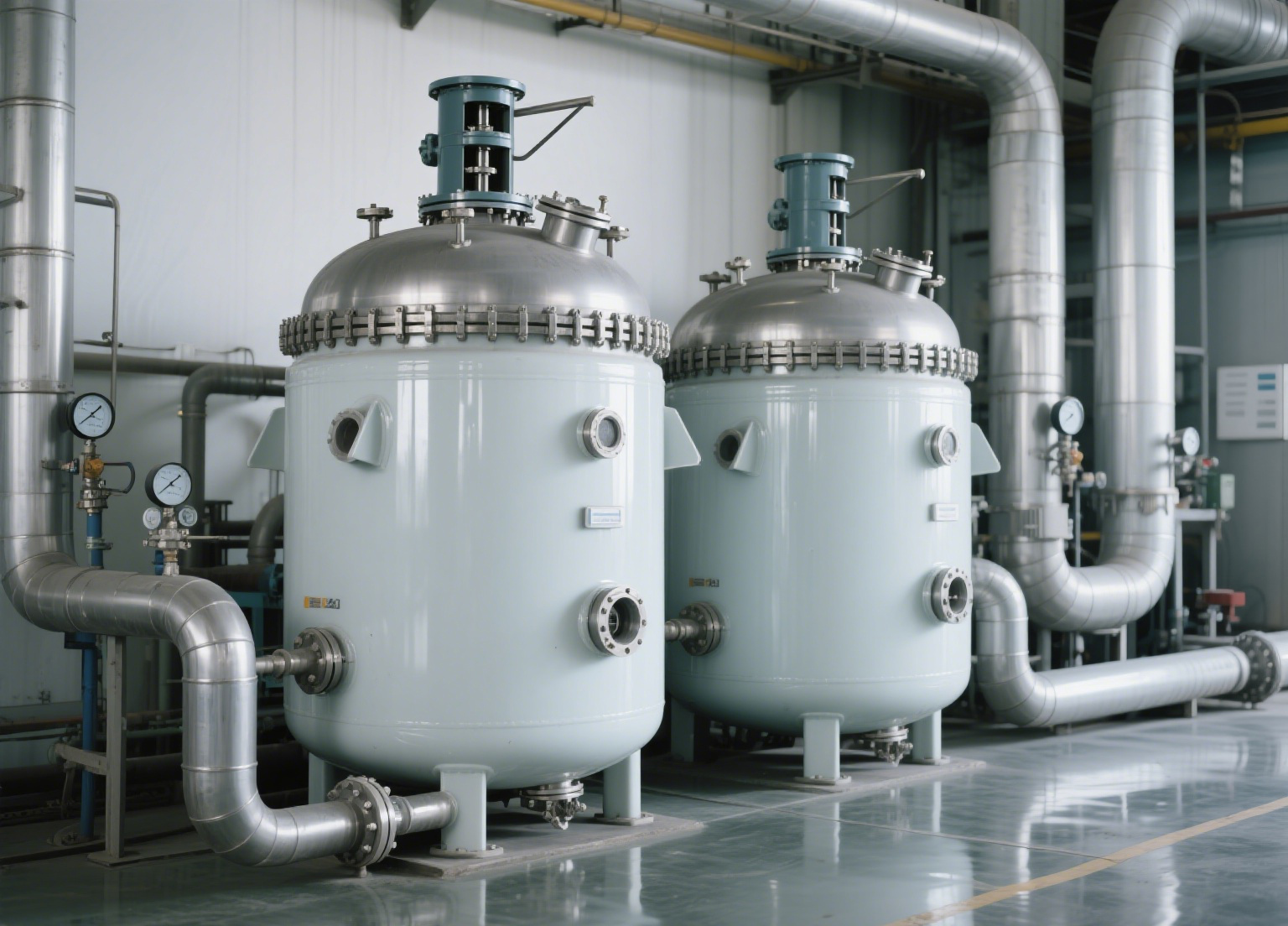 Industry News
Industry News "Tariff Deadline" in Countdown: Trump Opts for Direct Notifications, Axes Meeting Requires
"Tariff Deadline" in Countdown: Trump Opts for Direct Notifications, Axes Meeting Requires
2025-11-20
2025-11-20
2025-10-13
2025-08-27
2025-08-19
2025-07-30
 Current Affairs
Current AffairsReactors are essential equipment in the chemical industry for various reactions. However, their energy consumption is a significant concern, as it increases production costs and negatively impacts the environment. To optimize energy efficiency, consider the following techniques.
1. Optimize Reactor Design
A well-designed reactor reduces energy waste. Larger volumes improve space utilization and minimize heat exchange losses. An efficient internal layout enhances fluid dynamics, improving heat and mass transfer.
2. Choose the Right Agitation Method
Energy-efficient agitators (e.g., low-power stirrers, bubble-type mixers) can lower energy use. Adjust stirring speed based on reaction needs to avoid unnecessary consumption.
3. Improve Heat Exchanger Efficiency
Enhance heat transfer by increasing surface area, using high-performance materials, or selecting optimal heat-transfer media. This ensures better temperature control with less energy.
4. Use Advanced Control Systems
Automated systems with real-time monitoring (temperature, pressure, flow rate) enable precise adjustments, minimizing energy waste. Smart management tools further optimize performance.
5. Optimize Reaction Conditions
Adjust temperature, pressure, and reactant ratios to boost conversion rates and shorten reaction time. Catalysts or additives can also improve efficiency.
6. Regular Maintenance and Cleaning
Fouling on reactor walls reduces heat transfer. Periodic cleaning and descaling maintain smooth surfaces, improving efficiency.
7. Recover Waste Heat
Use heat exchangers to repurpose waste heat for other processes, reducing energy demand and environmental impact.
8. Optimize Operational Practices
Minimize start-stop cycles, control liquid levels/concentrations, and balance product yields to avoid excess energy use.
These strategies should be tailored to specific reactor setups and reaction requirements. A holistic approach—balancing energy savings, output, and quality—delivers the best results.
